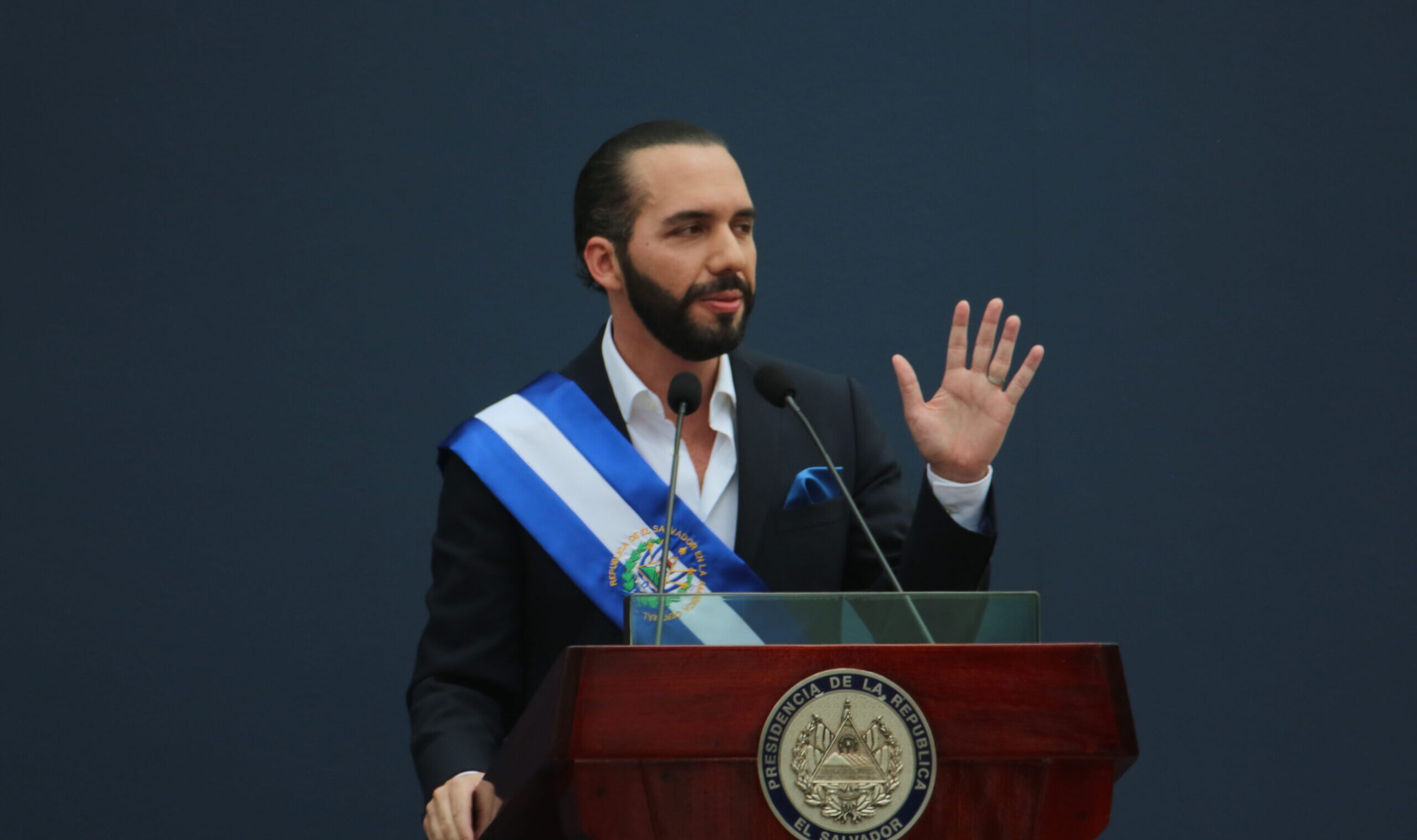In Defense of El Salvador's Nayib Bukele
State of the Union: The simple reason for the organized propaganda effort against Bukele is that he provides a successful, time-tested alternative to the liberal model of governance.

“El Salvador’s success in fighting crime has come at the expense of civil rights and amid accusations that Bukele is taking an increasingly authoritarian turn,” opined Marcelo Rochabrun, chief of Bloomberg’s Lima bureau, in a recent column. “Nayib Bukele has brought violent criminal gangs to heel in El Salvador. While that's made the country safer and made him extremely popular, his strongman tactics have come at the cost of civil liberties.”
The essay followed a tweet from the Somalia First caucus in the U.S. Congress, in which Ilhan Omar, noted decolonizer, wanted to intervene in El Salvador to promote human rights and foment a Color Revolution.
The context needs no explanation. El Salvador was, per former President Donald Trump’s rhetorical dexterity, considered one of the “sh*thole countries.” It had the highest crime and murder rate in the region, and was one of the primary exporters of economic migrants and drug dealers. Then Nayib Bukele came to power, suspended the rights of criminals, and jailed thousands of people with gang tattoos. Now El Salvador is one of the safest and most economically successful countries in the region. El Salvador is the “only” success in Central America in recent years; its outward migration has turned negative, jobs are stable, and the current crime rate is equal to that of Luxembourg. No wonder that Bukele is now a clear favorite to win his reelection, and other countries down south are following his template. Ergo, the resultant panic in the U.S. liberal circles.
The issue isn’t purely rhetorical. Restoring order by a legitimate authority obviously isn't “authoritarianism.” That would make any authority, however legitimate, illegal. Everyone argues for liberties, but revealed preferences, well, reveal that most normal law-abiding people desire order above all. An idea of unlimited liberties and rights that fails to provide order for law-abiding taxpayers is in essence only liberty and rights for criminals, and is therefore a failed worldview.
Subscribe Today
Get daily emails in your inbox
Both the English common law and the American Founders who were influenced by it argued for “ordered liberty.” Cardinal Richelieu, who understood the difference between individual morality and duty of the State, explained that succinctly: “The rod, which is a symbol of justice, ought never be idle.”
The American liberal media cannot comprehend that enforcing hard authority might make a society better, and counterintuitively, more free and liberal; a bafflement that is shared across the gray pond if you go by the reaction to the tweets of Conservative MP Suella Braverman. Most liberals harping about the morality of “restorative justice” are too blinkered to understand that just being “moral” isn’t always good. It is not even moral. It is often narrow-minded and dumb. That in turn causes great social chaos and great harm and is more unethical, all things considered. Nowhere is this more prominent than on questions of law and order.
But, more importantly, Bukele, by providing a template of authority that is both instinctive and natural, risks demonstrating how hollow the liberal worldview is. That is the simple reason there is now an organized propaganda effort against Nayib Bukele: He provides a time-tested, successful alternative to the liberal model of governance.